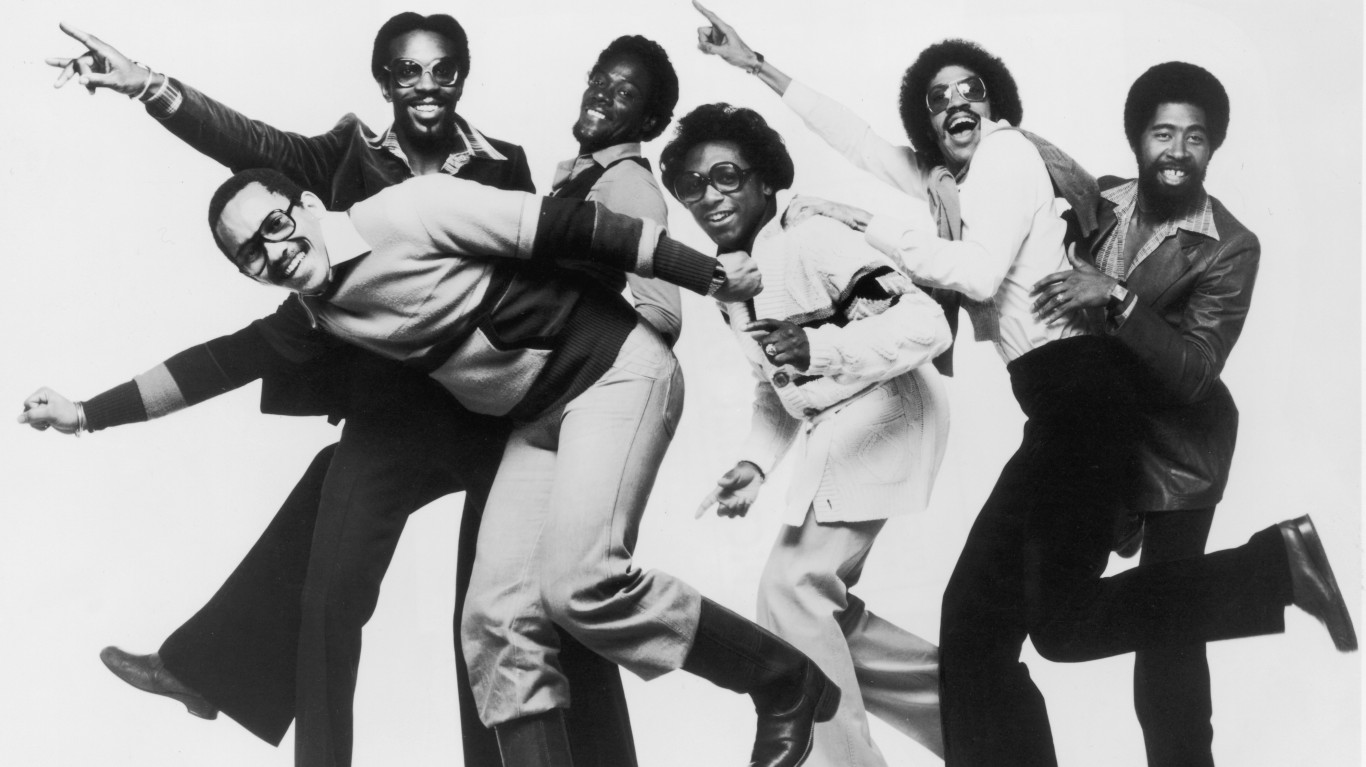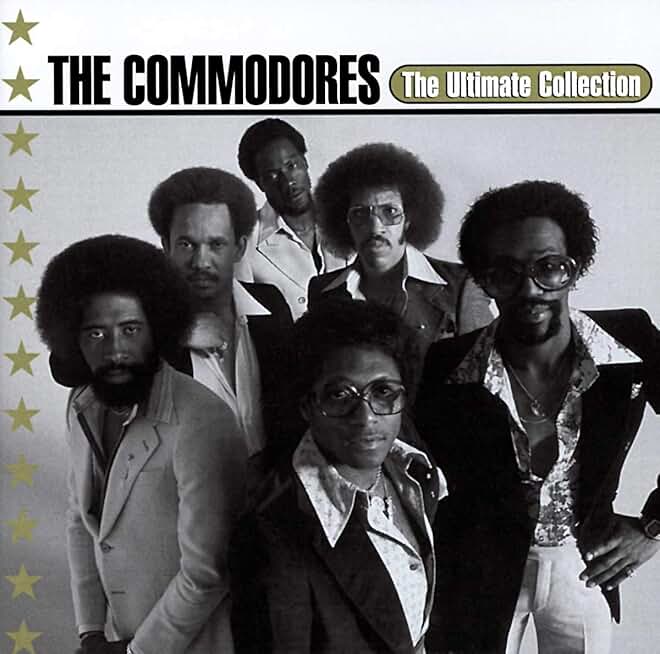
A Soulful Lament of Lost Love and Regret
In the rich tapestry of musical history, few songs capture the essence of heartbreak with as much poignancy and emotional depth as “Oh No” by The Commodores. Released in 1981 as part of their album “In the Pocket,” this soulful ballad stands as a testament to the group’s ability to convey profound emotion through music. When it first graced the airwaves, “Oh No” quickly resonated with audiences, climbing its way to number four on the Billboard Hot 100 chart and securing a special place in the annals of classic soul music.
At its core, “Oh No” is a haunting exploration of love lost and the lingering feelings that accompany such an experience. Written by the legendary Lionel Richie, whose songwriting prowess is evident in every note and lyric, the song tells a story that is both deeply personal and universally relatable. Richie, known for his ability to infuse his compositions with raw emotion, penned “Oh No” during a period of introspection and transition in his own life. It was a time when he was reflecting on relationships and the inevitable changes they undergo.
The song’s narrative unfolds with an aching sense of nostalgia, capturing the moment when one realizes that a cherished relationship is slipping away. Richie’s soulful voice, paired with The Commodores’ signature blend of R&B and pop, creates an atmosphere that is both intimate and grand. The lyrics speak directly to anyone who has ever experienced the pain of unreciprocated love or the bittersweet memories of what once was. Lines like “I want you to want me / I’m going crazy knowing he will be your lover tonight” encapsulate the torment of seeing someone you love move on, while you remain trapped in a cycle of longing.
Musically, “Oh No” is a masterclass in subtlety and restraint. The arrangement is elegant yet understated, allowing Richie’s vocals to take center stage. The gentle piano melody provides a delicate backdrop that complements the song’s emotive lyrics. Meanwhile, the rhythm section adds a layer of depth that enhances the overall sense of yearning. It’s this combination of lyrical sincerity and musical finesse that makes “Oh No” an enduring favorite among fans old and new.
For many listeners, especially those who lived through the era of its release, “Oh No” evokes powerful memories of love found and lost. It’s a song that speaks to the universal human experience—reminding us all of our capacity for deep emotion and connection. As we listen, we’re transported back to moments in our own lives where we’ve grappled with similar feelings of heartache and regret. This ability to resonate across generations is a testament to The Commodores’ artistry and Lionel Richie’s exceptional songwriting.
Beyond its commercial success, “Oh No” has left an indelible mark on popular culture. Its timeless appeal continues to inspire covers and reinterpretations by artists across genres, further cementing its status as a classic. The song’s impact is also reflected in its inclusion on numerous compilations and soundtracks, ensuring that its legacy endures for future generations to appreciate.
In conclusion, “Oh No” by The Commodores is more than just a song—it’s an emotional journey that captures the complexities of love and loss with stunning clarity. For those who experienced its release firsthand, it serves as a poignant reminder of days gone by—a nostalgic echo of moments both beautiful and bittersweet. And for new listeners discovering it today, it offers a timeless reflection on the enduring power of music to touch our hearts and souls.
As we revisit this classic track, we’re reminded not only of The Commodores’ remarkable contribution to music but also of our shared humanity—the emotions that bind us together through time. So let us listen once more to “Oh No,” allowing its melodies to wash over us like waves on a distant shore—forever stirring our deepest memories and emotions.
